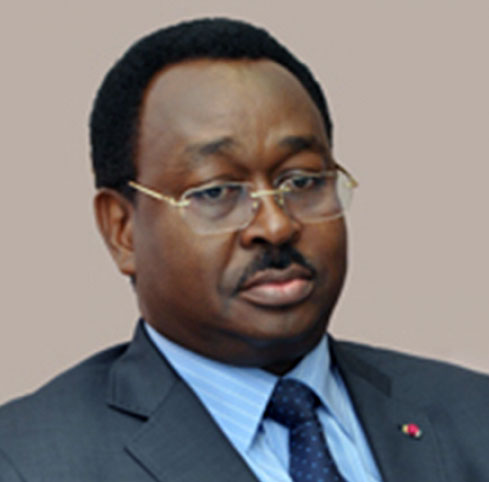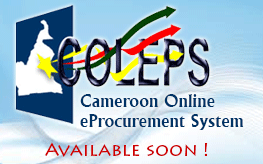Public contracts: new reform, new vision
A new reform of the public contracts system to support the Head of State’s seven-year term of Greater Opportunities. A new government equally devoted to implementing the seven-year term Projects via the implementation of this reform. That is a seemingly pertinent reading of Cameroon’s political and socio-economic environment, in the light of the recent reforms which have come up in the public procurement system, as well as changes which have taken place in the structure of Government.
As you well know, the Public Contracts landscape was recently reformed by two important acts of the President of the Republic, namely: Decrees No. 2018/355 of 12 June 2018 to lay down common rules applicable to contracts of public enterprises and Decree No. 2018/366 of 20 June 2018 to institute the Public Contracts Code.
This reform came just three months before the brilliant re-election of President Paul Biya to the Supreme Magistracy, who thus decided to dedicate his new seven-year term to the Greater Achievements programme. His oath-taking on 6 November 2018 sealed his commitment to continue to preside over the destiny of the Cameroon nation as well as marked the Cabinet reshuffle of 4 January 2019, at the end of which he appointed for us a new Minister Delegate at the Presidency of the Republic in charge of Public Contracts.
This immense privilege conferred on our humble person also goes with two major challenges : that of steering the new reform of the public contracts system, in collegiality with my peers and thanks to the support of hierarchy which we are constantly seeking ; that of also contributing to the achievement of the Greater Opportunities programme of the President of the Republic, during his seven-year term which he described as “decisive” himself and presented as “one of the most important in our history since independence” in his 31 December 2018 message to the Nation.
This privilege as can be seen, is however no sinecure. This is because considering the important place which public contracts occupy in a country like ours, “as an instrument of public policy and a lever to stimulate wider economic, social and environmental change” (OCED), it becomes clear that to set up and steer a public contracts system reform in the current context, requires tremendous efforts to overcome the constraints that are likely to undermine its success.
In fact, the Ministry whose management has been entrusted to us, is the pivot of the implementation and the steering of the reformed public contracts system. It is deeply concerned with concretising the projects in the Greater Opportunities programme. Therefore, we will work relentlessly to build a system which ensures efficiency and integrity, two cardinal principles of public procurement which are henceforth enshrined by the Public Contracts Code, in addition to three other existing ones, namely: free access to public procurement, equal treatment of candidates and transparent procedures, in order to achieve the new vision which the Head of State has of the reformed public contracts system.
Be it the improvement of the living conditions of our population through the execution of projects satisfactorily and by due date, or the participation of youths and women in State projects and the acceleration of decentralisation which are the priorities of the Head of State, the contribution of the Ministry of Public Contracts is highly expected. Already, I can authoritatively state that the above-mentioned rules and regulations anticipated these concerns. The onus is on us, through implementation texts and many other appropriate practical measures, to make sure that all levers provided for by regulations get working, in order to better address these concerns, as regards at least the public procurement sector.
It goes without saying that the reform of the normative and institutional framework of public procurement essentially requires that all stakeholders involved get acquainted with the innovations. Besides, it is the main focus of the content of this edition of our Magazine. The performance of the entire public contracts system built on the respect of rules and procedures known to everyone is dependent on it. Apart from the theoretical knowledge of these rules and regulations, it will especially require putting them in practice, in the general interest. These are the pressing and common challenges which all stakeholders in the reformed public contracts system must overcome in order to steer our country, Cameroon, to its emergence by 2035.
IBRAHIM TALBA MALLA
Minister Delegate

